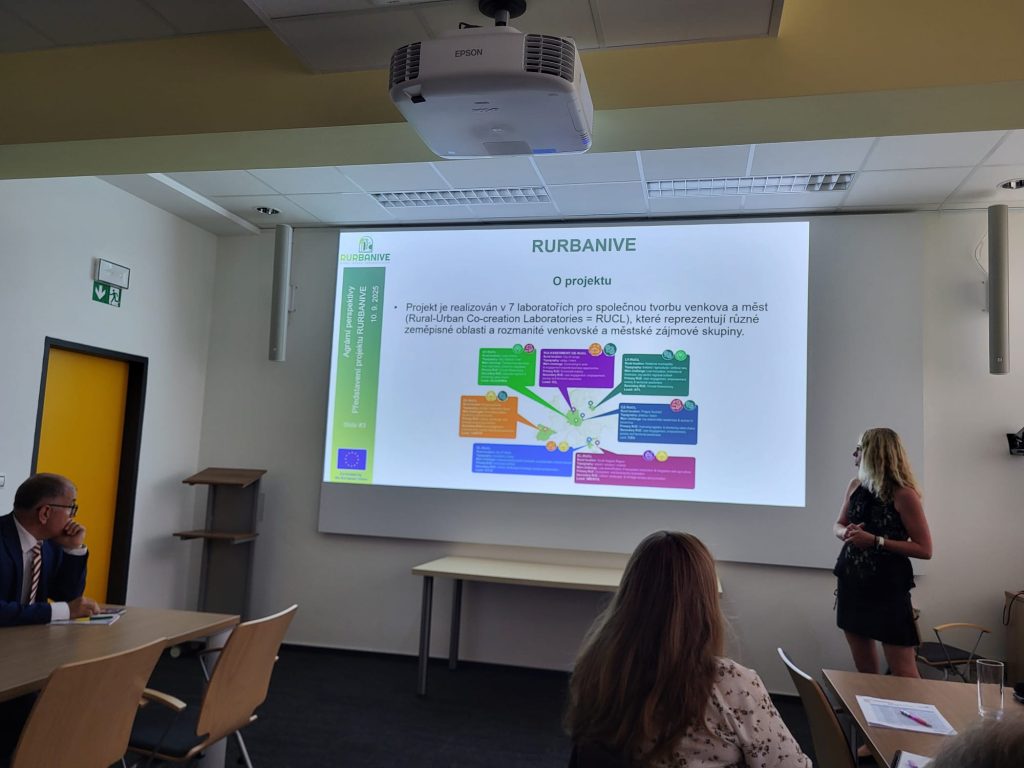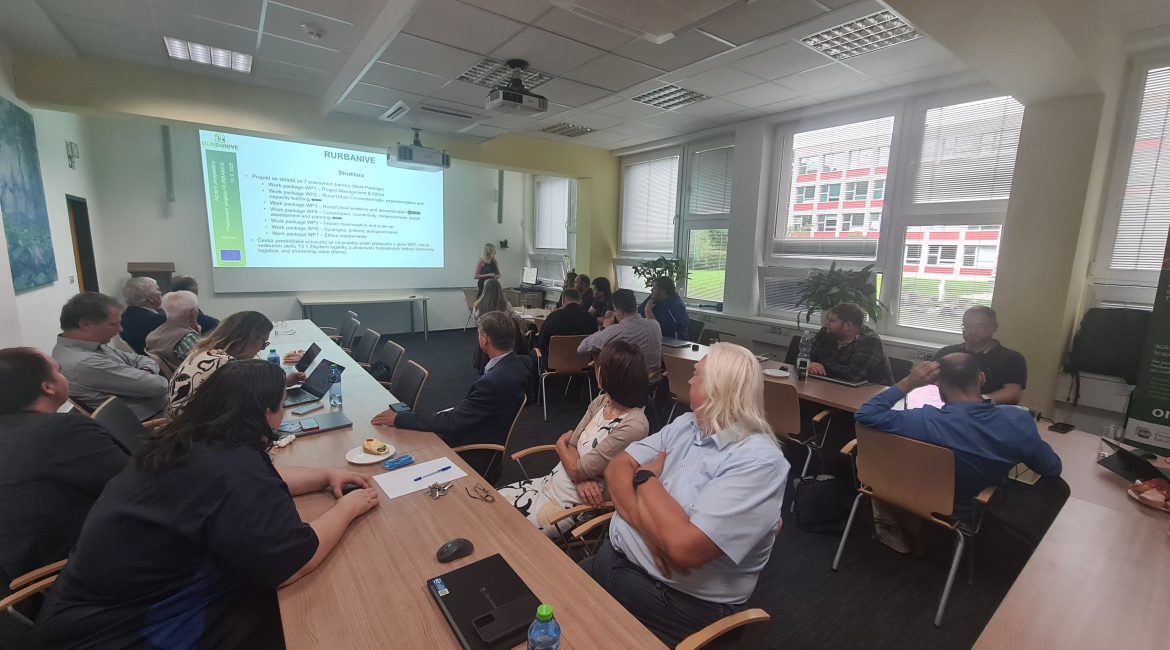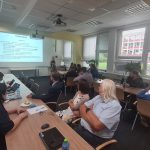The International Scientific Conference Agrarian Perspectives has a 34-year history of bringing together a wide range of stakeholders, including scientists, scholars, farmers, food producers, and policy-makers. Each edition of the conference is dedicated to a current topic from the field of agriculture or food processing, reflecting both scientific priorities and the needs of practice.
The 34th edition of the conference on 10-11 September 2025, opened with a plenary session focusing on two main topics that addressed the requirements of scientific research, educational activities, and practical applications. The programme then continued with a session thematically linked to precision agriculture, setting the stage for discussions on innovation and technological advancement in farming.
Workshop on Digitalization and Precision Agriculture
The workshop titled “Digitalization and Precision Agriculture” served as a platform for the dissemination of various projects dedicated to precision agriculture, particularly focusing on the use of ICT in agriculture.
The presentation of the RURBANIVE project by partner CZU was part of this session, joining other initiatives working towards digital transformation and sustainability in the agricultural sector. In total, there were 27 participants representing several projects, including:
-
NAZV (Národní agentura pro zemědělský výzkum) – Precision agriculture and digitalization in the Czech Republic
-
CODECS – Maximising the CO-benefits of agricultural Digitalisation through conducive digital ECoSystems
-
RURBANIVE – RUral-uRBAN synergies emerged in an immersIVE innovation ecosystem
-
AGRITECH EU – Digital agriculture for sustainable development
-
GoDigiBioS – Biodiversity loss mitigation and adaptation measures: Policies, governance, and tools to foster transformative change
-
SmartSkills – Boosting transfer of knowledge and skills for smart and sustainable agriculture
-
GRANULAR – Giving Rural Actors Novel data and re-Useable tools to Lead public Action in Rural areas
Shared Themes and Synergies

The theme of the project funded by the National Agency for Agricultural Research (NAZV) intersected with that of RURBANIVE, particularly through the PREDIGCR project, which focused on creating a methodology for data processing in agricultural enterprises. This initiative developed a data management platform to support the concept of Agriculture 4.0, proposing a modular system architecture that has been implemented at an orchard farm.
Several other projects presented modelling tools for digital systems transformation, enabling, for example, simulation of different methods of crop cultivation. Another interesting contribution was the development of a chatbot, enhancing accessibility of digital tools in farming.
The CODECS project showcased a living lab established at an orchard farm, demonstrating automation of orchard management where sensors were activated directly on-site. Meanwhile, the GoDigiBioS project, now in its first year, presented literature reviews and surveys on digital technologies with the aim of identifying indicators that influence biodiversity, both positively and negatively.
The GRANULAR project focused on rural development, introducing the idea of creating a price map of real estate in rural areas to better understand regional economic patterns.
The AGRITECH EU project addressed the educational dimension by creating a new study branch in Precision Agriculture, aimed at innovating curricula on IoT technologies, big data processing, and robotization. Complementing this, the SmartSkills project focused on the creation of study materials on data processing, with lecturers as the primary target group.
RURBANIVE’s Role in the Discussion
Within this context, RURBANIVE contributed to the broader dialogue on digitalization and sustainable transformation in rural and urban areas. By sharing its innovative approach to fostering rural-urban synergies through immersive ecosystems, the project highlighted how digital tools and participatory methods can strengthen cooperation across regions and sectors.
Its participation in the Agrarian Perspectives Conference reinforced the importance of collaborative innovation in advancing the agricultural sector, aligning with the event’s long-standing tradition of connecting research, education, and practice to shape the future of sustainable food systems.





